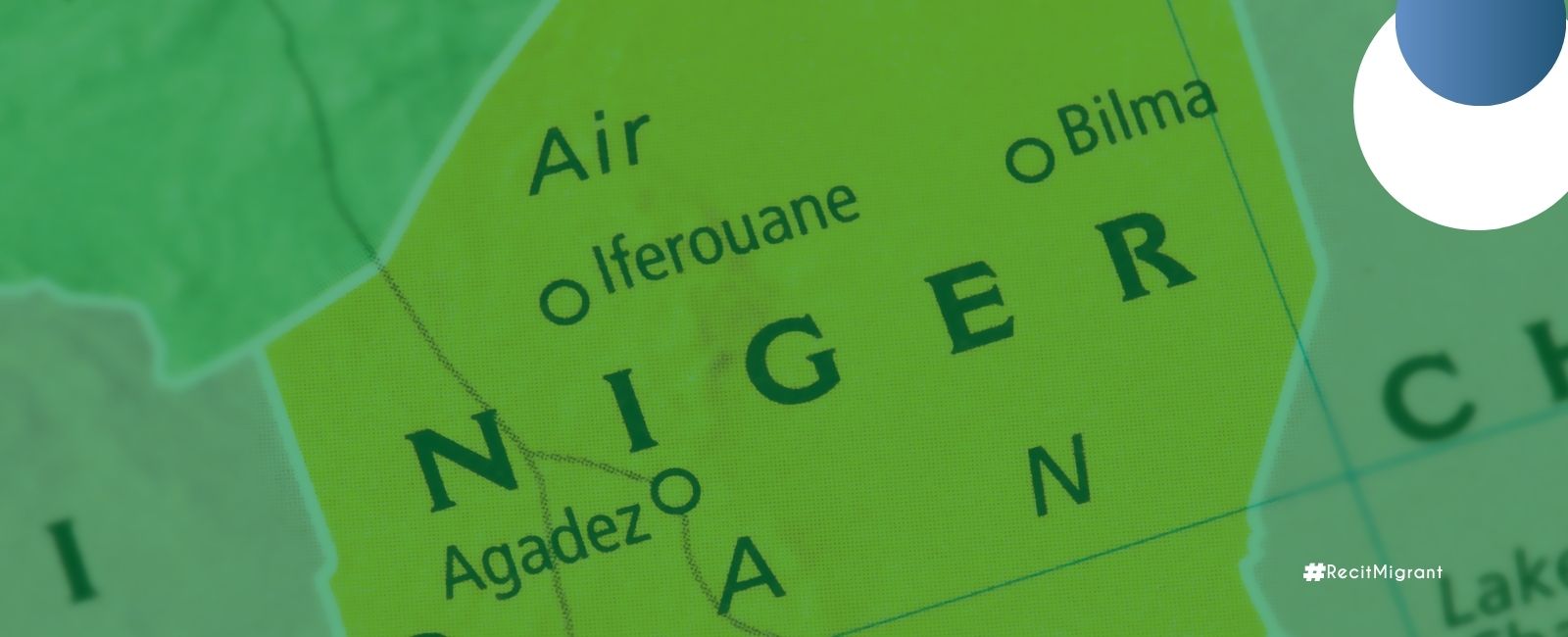

In September 2020, Niger adopted its National Migration Policy (NMP) 2020–2035, designed to provide a long-term, comprehensive framework for managing migration. The policy is built around four strategic pillars: Harnessing local economic potential and opportunities; Protecting and assisting migrants, refugees, and host communities; Managing migration flows effectively; Strengthening the resilience of people and ecosystems to the impacts of climate change.
In July 2025, the government launched an awareness campaign in Agadez to promote the NMP. This initiative marked a turning point, sparking public debate on migration and paving the way for a more coordinated and humane approach. Experts and policymakers see the NMP as a vital tool for balancing security, economic and social priorities in Niger’s future.
According to the Minister of the Interior, Major General Mohamed Toumba, speaking at the launch of the NMP awareness campaign in Agadez, the new policy marks a paradigm shift for the authorities and reflects the government’s broader vision.
“People of Agadez,” he declared, “do not see migration only in negative terms. It is a universal phenomenon that should also be understood through its positive dimensions. Seize the opportunities it brings. Expand your trade in goods and services, and engage in fair competition while respecting your hosts.”
This shift in direction reflects the multifaceted and complex nature of migration in Niger, a country of departure, destination, and transit. According to Ana Fonseca, head of the IOM mission in Niger, “This new National Migration Policy reflects our shared commitment to addressing migration in a strategic, coordinated and humane manner. It offers a framework for action to develop more effective and coherent responses rooted in reality.”
The change also follows the repeal of Law 2015-36, which had criminalized migration from Niger to the Maghreb. Since then, authorities have made clear their intention to reshape migration policy. As Mahamoud Issa, a transport driver, explains, “Migration should not be rejected outright. It benefits the populations of countries of departure, transit, and destination.”
This new vision effectively reopens the route to the Maghreb for those in search of a better future. Yet this renewed openness must be accompanied by regulation and close monitoring to prevent the recurrence of tragedies in the desert.
Recently Published
Subscribe to our newsletter!
Quick Links


